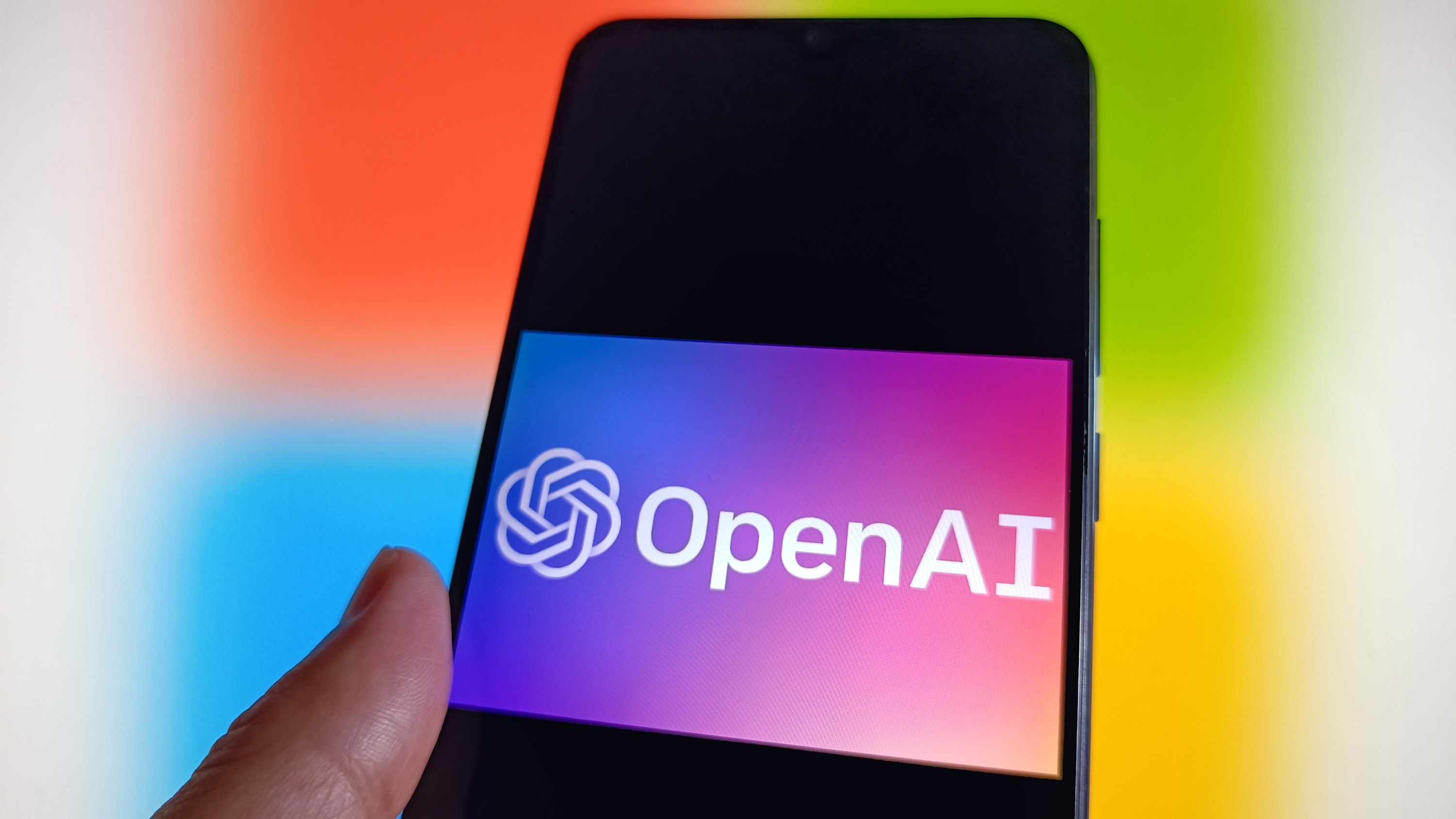OpenAI recently unveiled a new tool dubbed deep research, and as the name suggests, the tool “conducts multi-step research on the internet for complex tasks.” The ChatGPT maker claims what the agent accomplishes in ten minutes would take several hours for a human equivalent.
The announcement comes days after the DeepSeek hype that hit the tech landscape, especially after announcing that its R1 V3-powered AI app was trained using a mere $6 million and the reinforcement learning technique, yet it surpasses OpenAI’s o1 reasoning model across several benchmarks, including coding, science, and math. More interestingly, the company claims the agentic AI tool scales great heights, potentially matching the performance index of a research analyst.
Deep research is OpenAI’s next agent that can do work for you independently—you give it a prompt, and ChatGPT will find, analyze, and synthesize hundreds of online sources to create a comprehensive report at the level of a research analyst. Powered by a version of the upcoming OpenAI o3 model that’s optimized for web browsing and data analysis, it leverages reasoning to search, interpret, and analyze massive amounts of text, images, and PDFs on the internet, pivoting as needed in reaction to information it encounters.
OpenAI
The tool identifies, analyzes, and synthesizes large masses of data across the internet to create a comprehensive report based on the user’s query. Deep Research is available to ChatGPT Pro users as a button, meaning you’ll need the $200/month subscription plan to access the tool. However, OpenAI highlighted its plans to ship the agent to Plus and Team users soon.
OpenAI CEO Sam Altman indicated that Deep Research can do “a single-digit percentage of all economically valuable tasks in the world.” He further indicated that the tool’s capabilities open a new world of possibilities in synthesizing knowledge, which could potentially lead to AI agents that can event new knowledge amid claims AI progression has hit a wall due to a lack of high-quality data for model training.
So far, OpenAI has launched two AI agents, Deep Research and Operator, which launched in January. The tool is designed to help control computers and perform tasks autonomously. Deep Research is designed to help professionals in finance, science, and engineering conduct research on complex topics that require thorough analysis.
OpenAI’s range of reasoning models seemingly constitute AGI
Interestingly, an OpenAI employee @pranaveight on X (formerly Twitter) referred to his user experience with deep research as a personal AGI moment. “It takes 10 mins to generate accurate and thorough competitive and market research (with sources) that previously used to take me 3 hours,” he added.
Using Deep Research has been a personal AGI moment for me. It takes 10 mins to generate accurate and thorough competitive and market research (with sources) that previously used to take me 3 hours.You can now turn compute into productivity for $200/mo https://t.co/F5t4s1zSPoFebruary 3, 2025
While the term AGI has been thrown around over the past few years, there’s seemingly a pattern developing where OpenAI employees closely relate new flagship projects with AGI. For instance, when the ChatGPT maker shipped its o1 reasoning model to broad availability, a technical employee claimed the company had achieved AGI:
In my opinion, we have already achieved AGI and it’s even more clear with O1. We have not achieved “better than any human at any task” but what we have is “better than most humans at most tasks”.
Interestingly, leaked documentation of Microsoft’s partnership with OpenAI categorically dictated that the ChatGPT maker will only hit the coveted benchmark when it develops a sophisticated AI system capable of generating up to $100 billion in profit.
OpenAI is reportedly in the process of renegotiating terms, which could sever its ties with Microsoft after hitting AGI to secure more funding and extend its access to cloud computing services.
However, CEO Sam Altman branded AGI reports as “Twitter hype,” indicating OpenAI hasn’t built AGI and won’t launch in February. The executive claims OpenAI knows how to build AGI, and the milestone might be achieved sooner than anticipated with surprisingly little societal impact.





